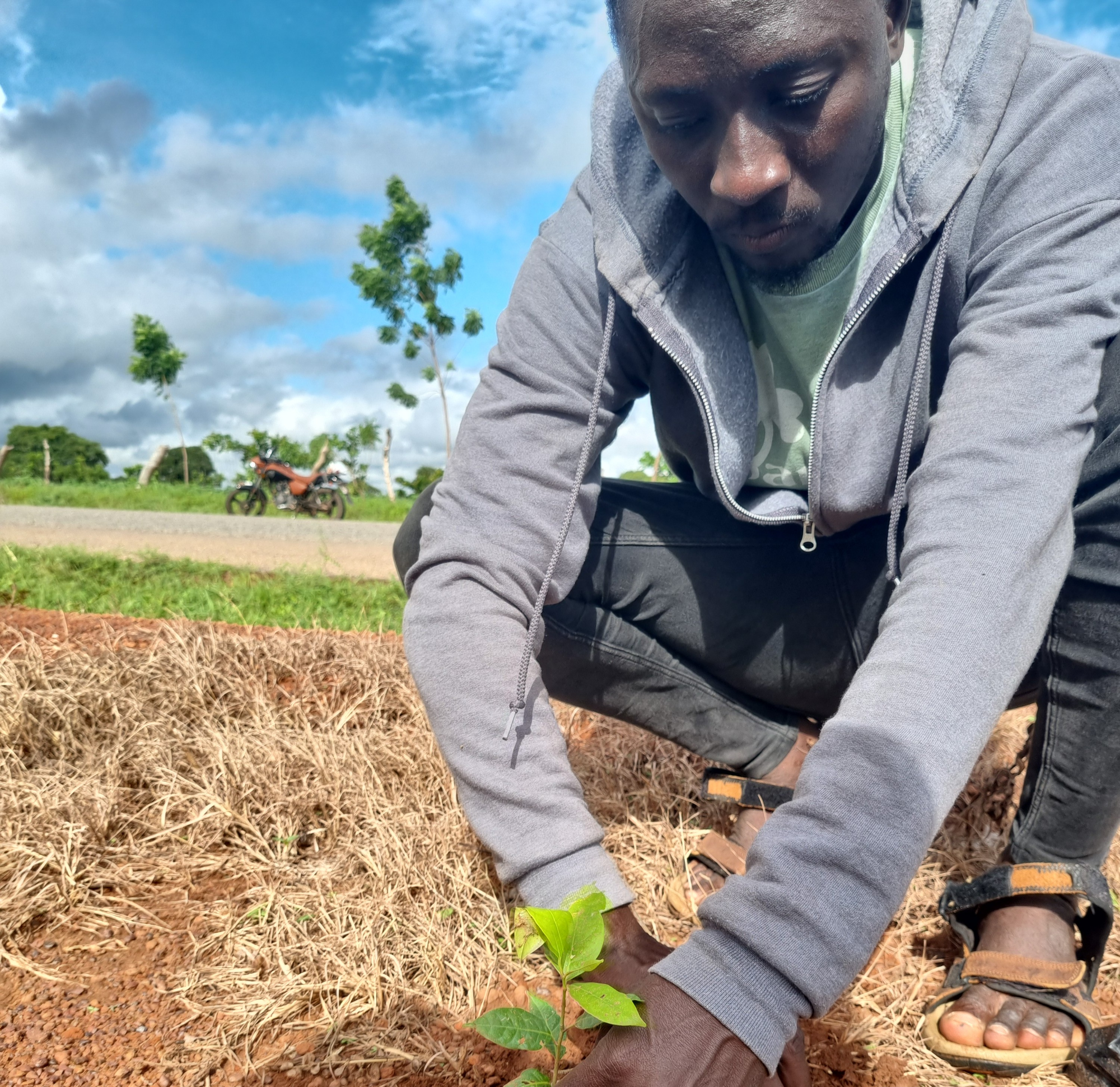Every year on August 12th, International Youth Day is observed, an initiative that honours the virtues of young individuals and acknowledges the obstacles that the youth of today may encounter. This year, the theme for International Youth Day is “Green Skills for Youth: Towards a Sustainable World”. The importance of embracing an environmentally sustainable and climate-friendly world is not only vital in addressing the worldwide climate predicament but also in attaining the objectives outlined in the Sustainable Development Goals (SDGs). A successful transition towards a greener world will depend on the development of green skills in the population.
Green skills encompass a spectrum of knowledge, abilities, values and attitudes needed to live in, develop and support a sustainable and resource-efficient society. These include the development of talents, skills, and technical knowledge and practices in various fields to enable the effective use of biodiversity and reliance on the ecosystem in response to climate change. In an era where were we clearly witness the impact and devastating effect of climate change, the adoption of green skills will result in the conservation of energy, the creation of less waste, reduction in pollution, and safeguarding the of ecosystems and biodiversity. Not only that, the embracement of green skills towards an environmentally sustainable and climate-friendly world will create numerous opportunities for all — unemployed, dropout, and graduates — thereby has acquired a heightened significance.
As we commemorate International Youth Day, it becomes vital to recognize the pivotal influence exerted by the youth in shaping the economies of the African continent. Equally, it is significant to acknowledge that Africa’s burgeoning youthful demographic holds vast potential for the continent’s growth and advancement. With a staggering 60% of its populace below the age of 25, the continent stands as a reservoir of untapped vigor, ingenuity, and inventive spirit. However, this potential could transform into an unwarranted predicament instead of a vital asset if the requisite skills and knowledge to be harnessed and trained for the utilisation of these opportunities remain absent.
 A surge of awareness is sweeping across the African continent, emphasizing the need to embrace measures that amplify environmental sustainability. While adjusting to this new economic paradigm might appear formidable, there is a silver lining: a green economy —‘the green gold’ — which offers great benefits to our planet and numerous sustainable opportunities for humans. From the bustling streets of Lagos to the sprawling townships of Johannesburg, young Africans are leaving their imprint by embracing green skills for entrepreneurial pursuits. Through initiatives like plastic recycling, coconut waste processing, and fertilizer production; green skills are steadily gaining ground across the African landscape ushering in a wave of new job prospects for the continent’s burgeoning and dynamic youth population.
A surge of awareness is sweeping across the African continent, emphasizing the need to embrace measures that amplify environmental sustainability. While adjusting to this new economic paradigm might appear formidable, there is a silver lining: a green economy —‘the green gold’ — which offers great benefits to our planet and numerous sustainable opportunities for humans. From the bustling streets of Lagos to the sprawling townships of Johannesburg, young Africans are leaving their imprint by embracing green skills for entrepreneurial pursuits. Through initiatives like plastic recycling, coconut waste processing, and fertilizer production; green skills are steadily gaining ground across the African landscape ushering in a wave of new job prospects for the continent’s burgeoning and dynamic youth population.
In conclusion, International Youth Day serves as a reminder that Africa’s youth are not just the leaders of tomorrow, but also the changemakers of today. By empowering them to actively participate in the green economy, Africa can unlock the sector’s true potential and ensure economic growth and environmental sustainability for generations to come. As we celebrate the energy, passion, and ingenuity of the youth, let us commit to nurturing their ideas and creating an enabling environment where they can thrive in the green economy sector.



